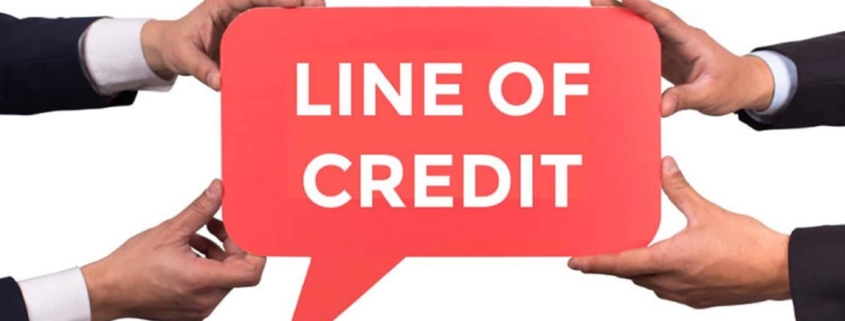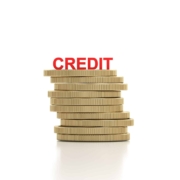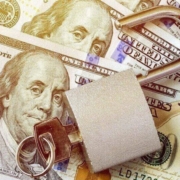What are the Different Business Lines of Credit, and Which One is Best for Your Business?
Business lines of credit are incredibly valuable tools that offer flexible financing to help small business owners meet expenses and grow. Lines of credit, much like your personal credit card, have borrowing limits and make funds available to you when you need them. They also give you the option to pay down some or all the debt at various, pre-agreed upon intervals. You only pay interest on the amount that you’ve used, and most lines of credit will require you to bring your balance to zero at certain times.
The benefits of having a line of credit are tremendous, and in some cases, businesses may not be able to survive without one. For example, seasonal businesses may use a line of credit to meet payroll during the off-season or to order inventory in advance of their busy seasons. Credit is also used in case your small business quickly needs emergency cash.
Before you apply for one, however, you should consider that a line of credit is not a one-size-fits-all product. There are different types of lines of credit that you should consider before deciding on which one is best for your business. Some credit lines may offer higher lines of credit while others may require collateral..
Deciding on the right one for your business can be tricky, and it’s important to know the different types that are available to you, as well as the risks associated with each one:
#1 Secured Line of Credit
A secured business line of credit is one in which you, the borrower, take on a significant amount of risk. In these types of credit lines, you will have to put up collateral, such as your business assets, personal savings, or surplus business cash; or, if your business is a pass-through business, your personal assets such as your home. In the event you can’t pay off your balance, the lender reserves the right to seize those assets.
That said, there are distinct advantages to a secured line of credit over an unsecured line. First, since you’ve put up collateral, there is a good chance that your line of credit will be bigger than it would be with an unsecured line of credit. Second, since you’re the one taking on much of the risk with a secured line, you most likely will pay less interest. Third, you don’t typically need as high of a credit score as you would with an unsecured line of credit.
#2 Unsecured Line of Credit
An unsecured business line of credit is the more popular option for small businesses since this option requires no collateral, and the lender takes on most of the risk. Applying for an unsecured line of credit is often simpler than a secured line, and approval may be quicker.
An unsecured line of credit typically carries the same payment requirements as a secured line of credit, but in exchange for taking on much of the risk, the lender will usually require a strong credit score to obtain one. Since it is unsecured, the spending limit may not be as high as a secured line of credit, and the interest rate may be higher than a secured line of credit.
#3 Business Credit Card
If you need to pick up the tab for a business meal or must purchase new office equipment such as a laptop computer or printer at a moment’s notice, a business line of credit would not be convenient for you since it could take days to transfer money from your line of credit to your account. A business credit card, however, is a very handy tool to fulfill immediate cash needs for your business.
A business credit card works pretty much the same as a personal credit card – it could offer perks such as travel miles and cashback rewards and will be there when you need it. Business credit cards usually have fewer requirements to obtain than a line of credit, and they won’t tie up your personal assets as they don’t require collateral.
The drawbacks compared to a line of credit, however, is that business cards usually carry a higher interest rate than a line of credit, and many of them charge an annual fee.
#4 Real Estate Line of Credit
If you’re in the business of buying and selling properties, such as a home flipper, for example, then you should consider a real estate line of credit. A real estate line of credit is similar to a home equity line of credit, which is credit based on how much equity you have invested in a piece of real estate.
Real estate lines of credit work in a similar way to any other lines of credit. They can be either secured or unsecured, depending on your FICO score, and they allow you to buy a piece of property before you sell your existing property.
Choose Carefully
Before you decide to take out a business line of credit over another form of financing, you should carefully consider the reason you need to borrow money in the first place. Lines of credit are probably not good for long-term business needs such as the purchase of expensive but crucial equipment or an office lease, and typically carry higher interest rates than other short term financing products.
If you have immediate cash needs or want cash available in case there’s an emergency, such as your air conditioner breaking down or a leaky roof in your office, then a line of credit is probably the best solution for you.





